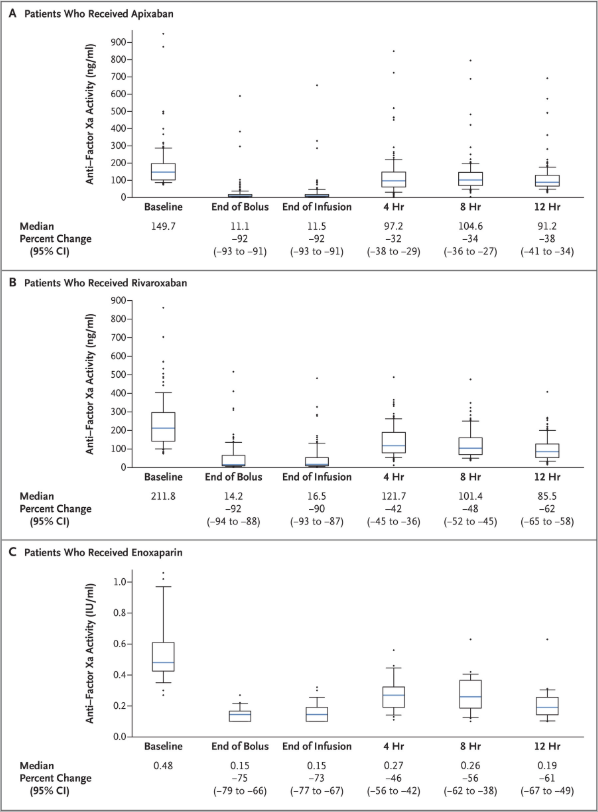

However, guidelines also recommend off-label use of PCCs for DOAC reversal when specific reversal agents are unavailable. In general, available guidelines are consistent in their recommendations, advocating administration of vitamin K and 4-factor prothrombin complex concentrates (4F-PCCs) rather than fresh frozen plasma to patients with VKA-associated intracranial hemorrhage and life-threatening bleeding, and specific reversal agents as essential therapy for DOAC reversal in those same severe conditions. We appraise the available guidelines/recommendations for vitamin K antagonist (VKA) and direct oral anticoagulant (DOAC) reversal in the management of major bleeding, and also assess recent clinical data that may not yet be reflected in official guidance.

The decision to reverse anticoagulation should weigh the benefit–risk ratio of supporting hemostasis versus post-reversal thrombosis. The primary complication of anticoagulation is serious or life-threatening hemorrhage, which may necessitate prompt anticoagulation reversal this could also be required for nonbleeding patients requiring urgent/emergent invasive procedures. Anticoagulation is key to the treatment/prevention of thromboembolic events.


 0 kommentar(er)
0 kommentar(er)
